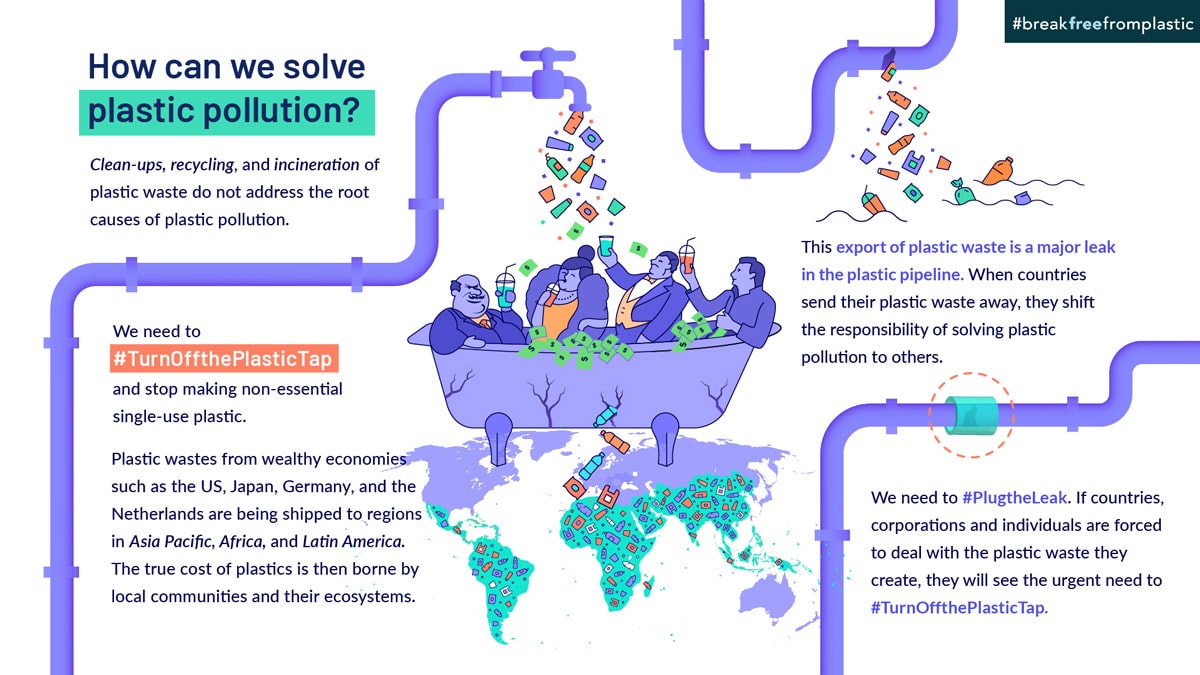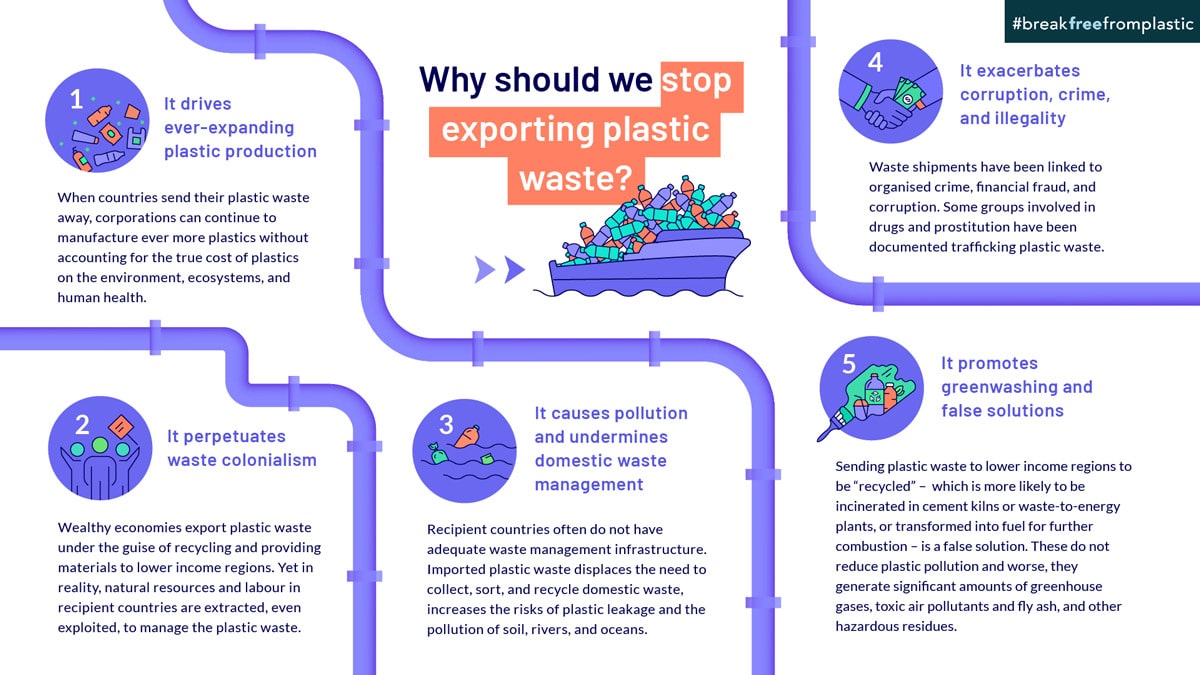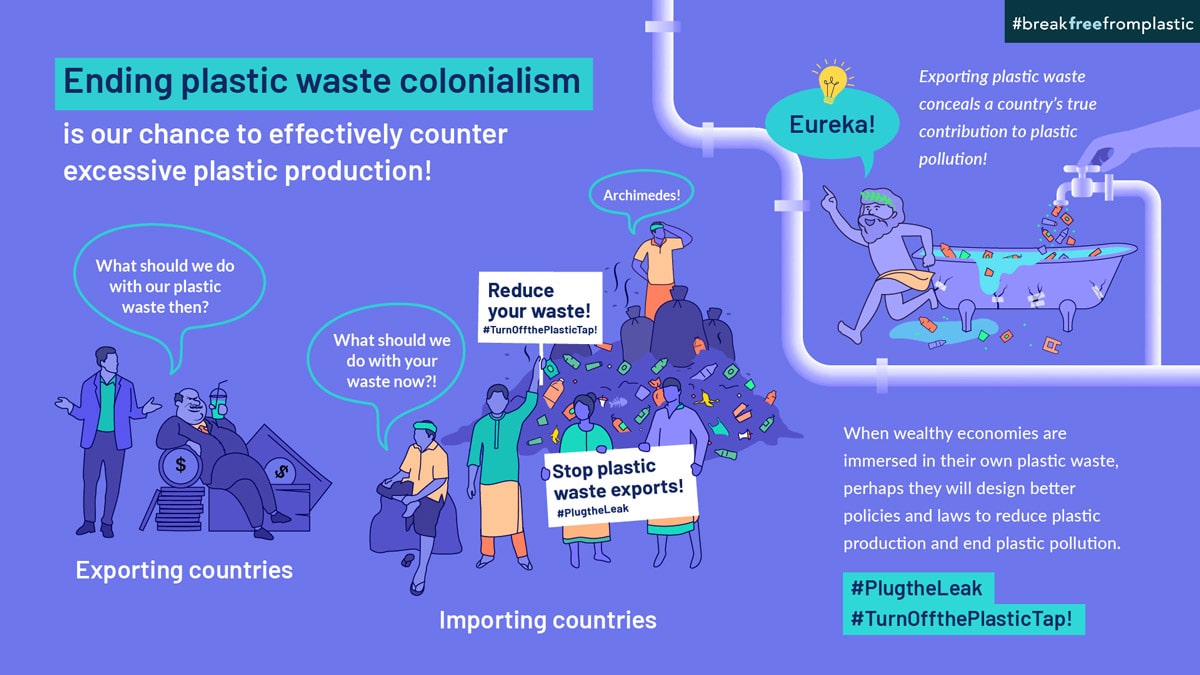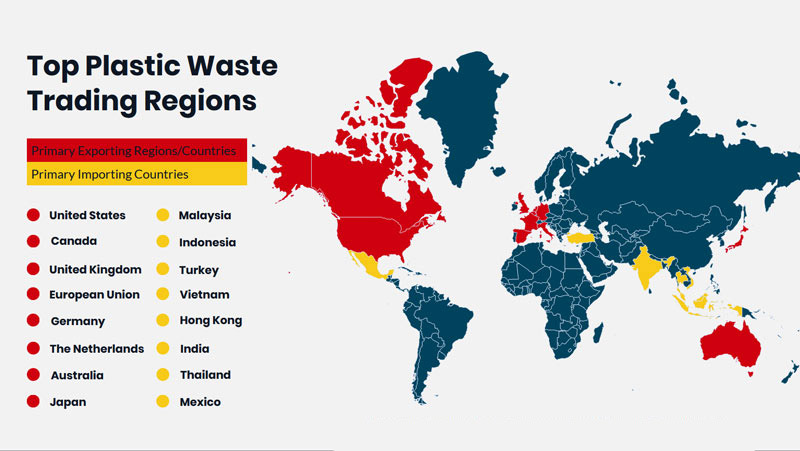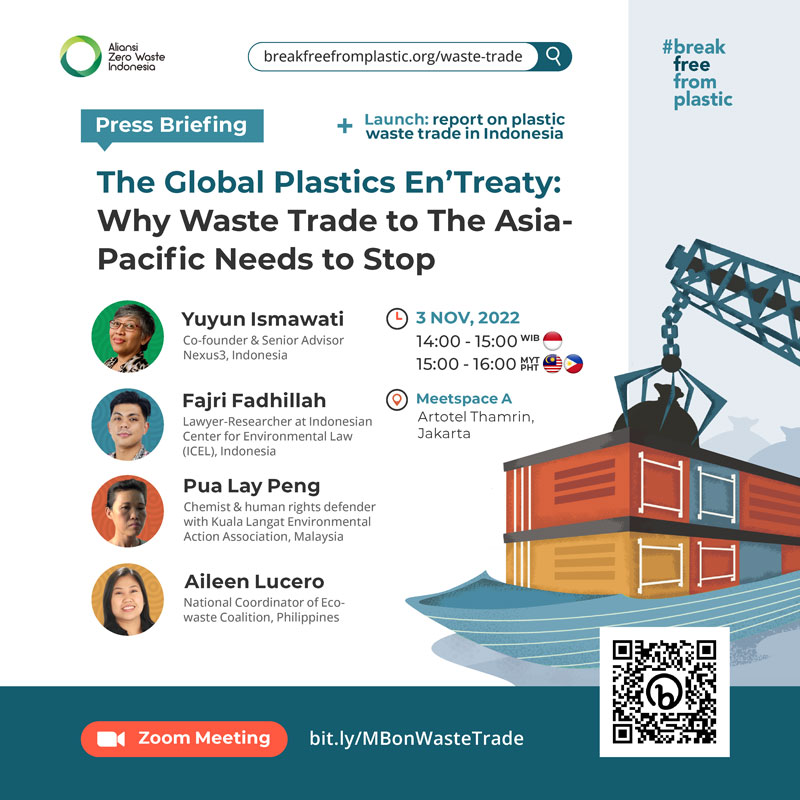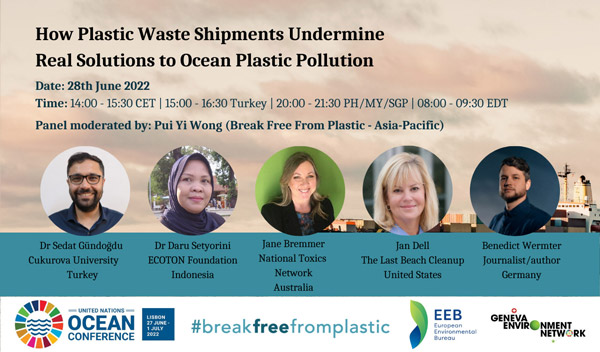4 August 2020, Quezon City. Deceptively declared as “plastic synthetic flakes,” the contaminated plastic waste materials, which arrived in July and October 2018 at the ports in Villanueva and Tagoloan, Misamis Oriental, were found by the authorities to contain unsorted plastic materials, used dextrose tubes, soiled diapers, discarded electronics and household garbage in violation of […]

